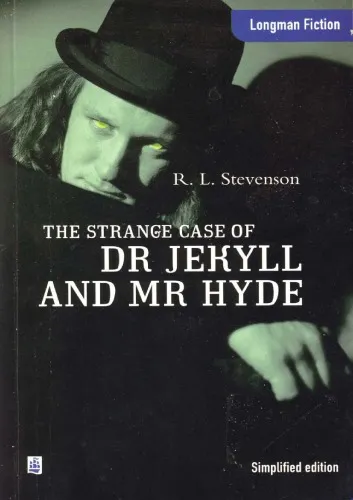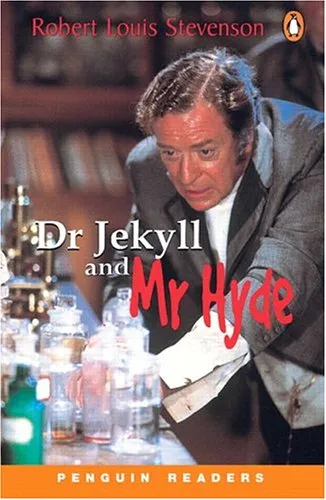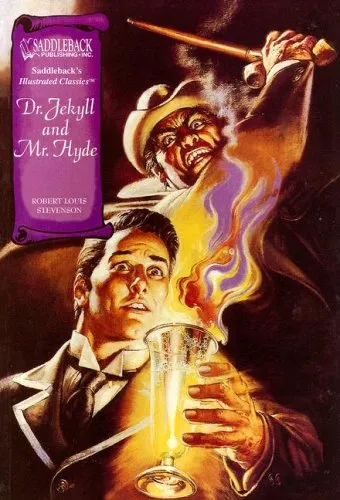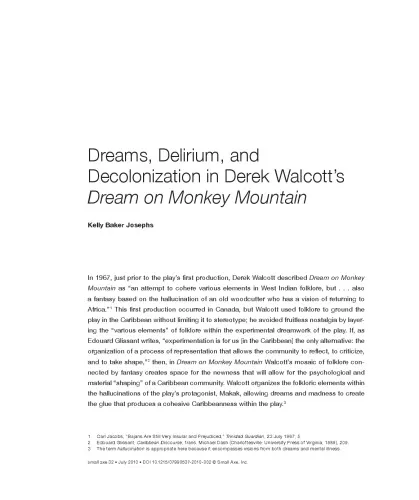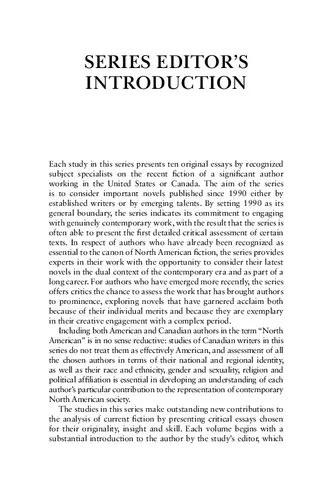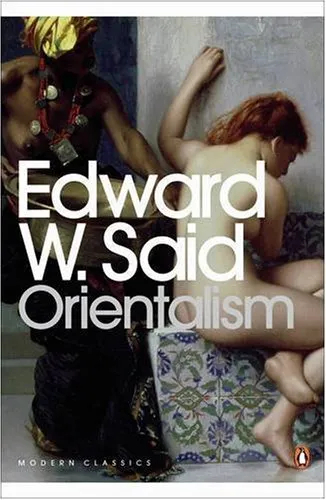The Strange Cases of Dr. Jekyll and Mr. Hyde
4.0
Reviews from our users

You Can Ask your questions from this book's AI after Login
Each download or ask from book AI costs 2 points. To earn more free points, please visit the Points Guide Page and complete some valuable actions.Related Refrences:
Introduction to 'The Strange Cases of Dr. Jekyll and Mr. Hyde'
Published in 1886 by Robert Louis Stevenson, "The Strange Case of Dr. Jekyll and Mr. Hyde" is a seminal work of Gothic fiction that delves into the complexities of human nature and the dualities within us all. This novella, which has captured the imaginations of readers for generations, explores the dark side of scientific exploration and the battle between good and evil within the human soul.
Detailed Summary of the Book
The story unfolds in the fog-laden streets of Victorian London and is centered around the reputable Dr. Henry Jekyll, a well-respected scientist. As the narrative progresses, Jekyll becomes obsessed with the idea that every human being embodies both good and evil. Driven by his quest for scientific discovery and understanding, Jekyll concocts a potion that transforms him into Edward Hyde, his evil alter ego who embodies the darker side of his nature.
Hyde engages in a series of increasingly violent and sinful acts, free from Jekyll’s conscience and societal constraints. As Hyde’s influence over Jekyll grows stronger, the transformations become more frequent and harder to control. Jekyll is left grappling with his waning morality and the ramifications of his actions. The narrative, primarily revealed through the perspective of Mr. Gabriel John Utterson, a lawyer and Jekyll’s friend, gradually uncovers the truth about Hyde's identity, leading to a dramatic and tragic conclusion.
Key Takeaways
- The Dual Nature of Humanity: Stevenson explores the concept that every human is composed of a dual nature – one that is inherently good and one that is inherently evil. The novella challenges readers to reflect on the complexities and contradictions of human behavior.
- Consequences of Unbridled Science: "The Strange Case of Dr. Jekyll and Mr. Hyde" serves as a cautionary tale about the dangers of unchecked scientific experimentation and moral transgressions.
- Victorian Society and Repression: The novella reflects Victorian society's emphasis on outward respectability and the underlying repression of undesirable qualities, symbolized through Jekyll’s hidden transformation into Hyde.
- Identity and Transformation: Jekyll’s transformation into Hyde is a physical manifestation of the conflict between duty and desire, public self and private impulses, reflecting the struggles of personal identity.
Famous Quotes from the Book
"Man is not truly one, but truly two."
"If he be Mr. Hyde, I shall be Mr. Seek."
Why This Book Matters
"The Strange Case of Dr. Jekyll and Mr. Hyde" remains a profound piece of literature, resonating with contemporary themes of identity, morality, and the human psyche. Its exploration of duality and moral conflict continues to be relevant in today’s society, forcing readers to confront difficult questions about the nature of self and the choices we make.
The novella has significantly influenced both popular culture and psychological discourse. Terms like "Jekyll and Hyde" are now part of everyday language, symbolizing the unpredictability of human nature. Its narrative structure and the psychological depth of its characters have inspired numerous adaptations and works, echoing its timelessness and universal relevance.
This exploration of internal conflict and the consequences of one's choices invites readers to ponder whether it is truly possible to separate the good and evil aspects of one’s nature, making it an essential read for those interested in the complexities of the human condition.
Free Direct Download
You Can Download this book after Login
Accessing books through legal platforms and public libraries not only supports the rights of authors and publishers but also contributes to the sustainability of reading culture. Before downloading, please take a moment to consider these options.
Find this book on other platforms:
WorldCat helps you find books in libraries worldwide.
See ratings, reviews, and discussions on Goodreads.
Find and buy rare or used books on AbeBooks.
1448
بازدید4.0
امتیاز0
نظر98%
رضایتReviews:
4.0
Based on 0 users review
Questions & Answers
Ask questions about this book or help others by answering
No questions yet. Be the first to ask!
